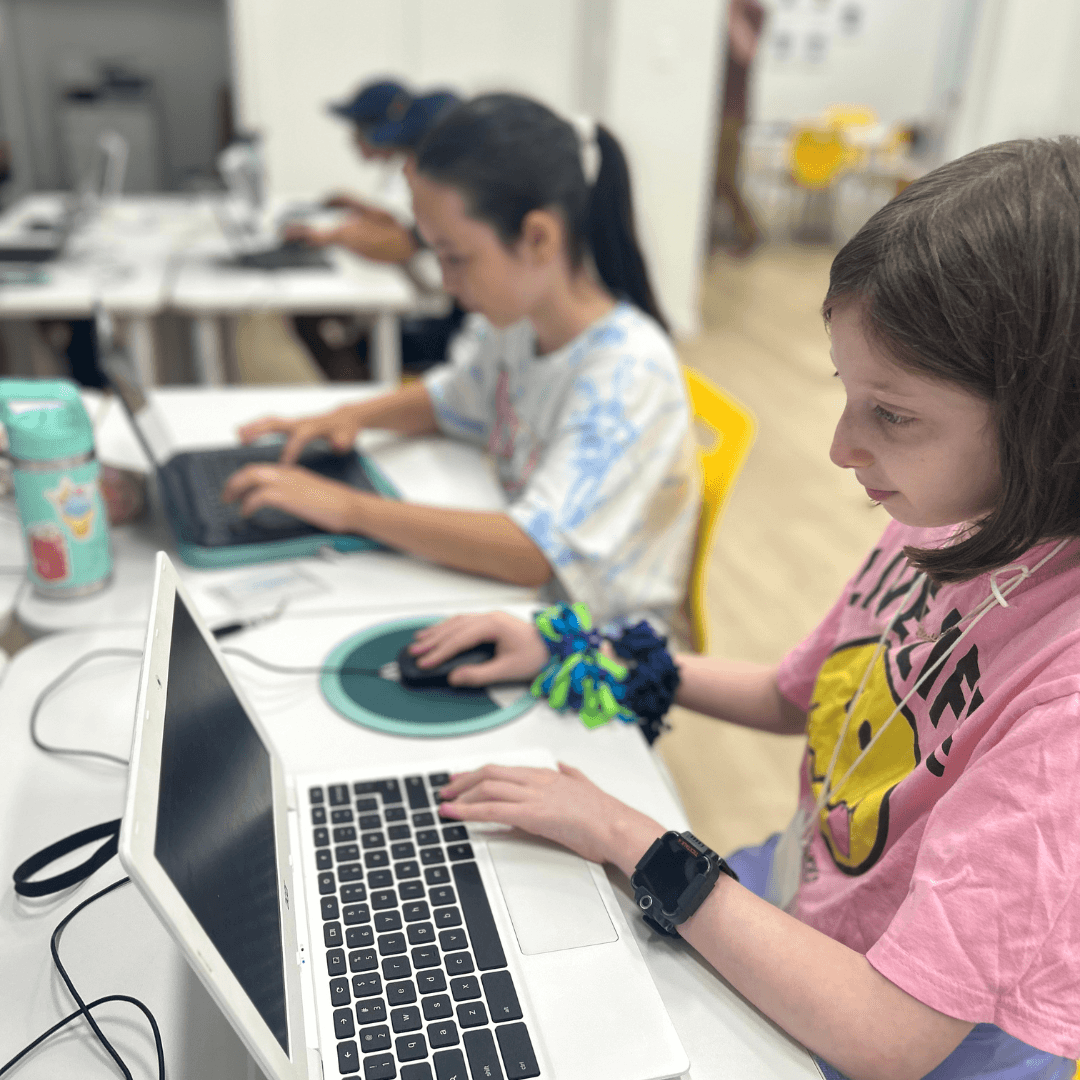Is Coding Math? Exploring the Relationship Between Programming and Mathematics

Aspiring programmers often wonder about the relationship between coding and math. Is coding math? Does one need to be good at math to be a good coder? Read below to explore the intricate relationship between programming and mathematics, shedding light on how the two disciplines intersect and influence each other.
Understanding the Essence of Coding
At its core, coding is the process of using a programming language to instruct a computer to perform tasks. It's the language of technology, the script behind every software, app, and digital tool we use. Coding involves logic, problem-solving, and the ability to think algorithmically. But how does this relate to mathematics?
The Mathematical Foundations of Coding
Mathematics is often called the language of the universe, a foundation upon which the world of science and technology is built. In coding, math manifests in several ways. Algorithms, the step-by-step procedures in coding, are based on mathematical concepts. Whether you're calculating the trajectory of a spacecraft or the interest on a bank loan, the underlying principles are mathematical. Furthermore, concepts like variables and functions in programming are directly borrowed from math.
Is Math Essential for Coding?
The answer is nuanced. For basic coding tasks and everyday programming, a deep understanding of advanced mathematics isn't necessary. However, as you delve into more complex areas like machine learning, data analysis, game development, or scientific computing, a strong grasp of math becomes increasingly important. Fields such as computer graphics and cryptography are heavily math-oriented.
The Role of Logic and Problem-Solving
While not all coding is advanced math, all coding is certainly logical and involves problem-solving, skills that are also central to mathematics. Writing code to solve a problem is like solving a puzzle, which is a fundamental aspect of math. Both disciplines require a structured approach to breaking down complex problems into more manageable parts.
Learning to Code: Do You Need Math?
If you're just starting with coding, don't let a fear of math hold you back. Many successful coders aren't math wizards. Basic arithmetic and a logical mindset are all you need for many programming tasks. As you progress and tackle more complex projects, you might find yourself naturally drawn to the necessary mathematical concepts.
Interestingly, coding can also lead to a deeper appreciation and understanding of math. Many students find that engaging with practical, hands-on coding projects makes abstract mathematical concepts more concrete and understandable. Coding puts math into action, demonstrating its real-world applications.
The Future of Coding and Math
As technology evolves, the line between coding and math may continue to blur. Emerging fields like quantum computing and artificial intelligence are deeply rooted in mathematical principles. Learning to code in these areas often goes hand-in-hand with learning the underlying math.
So, is coding math? While not all coding is advanced mathematics, the two are deeply intertwined. A basic understanding of math can enrich your coding, while coding can bring to life the abstract concepts of mathematics. Whether you're a math enthusiast or a coding aficionado, embracing the connection between the two can open up a world of possibilities. Dive into coding, and you might just find yourself falling in love with math along the way.